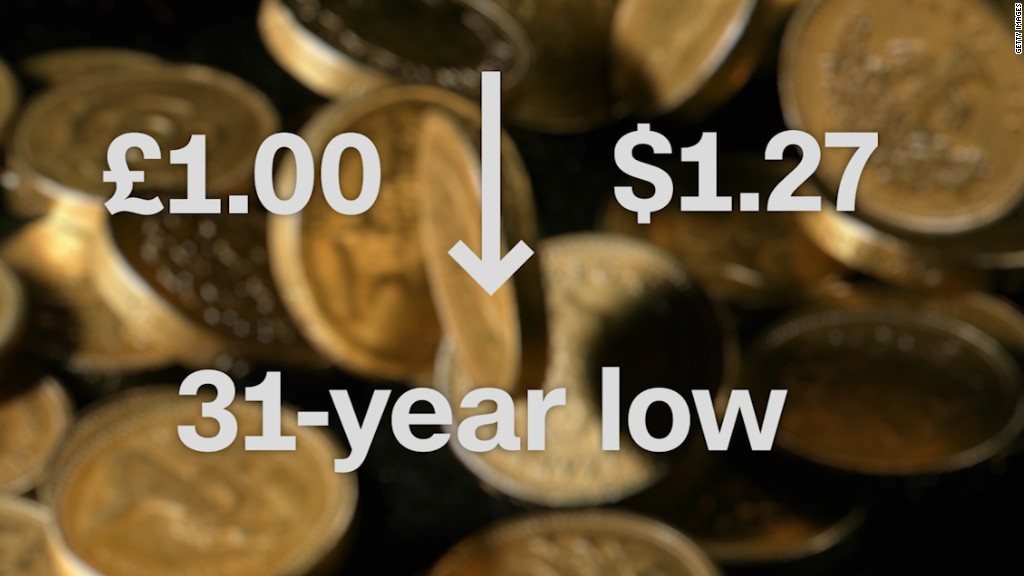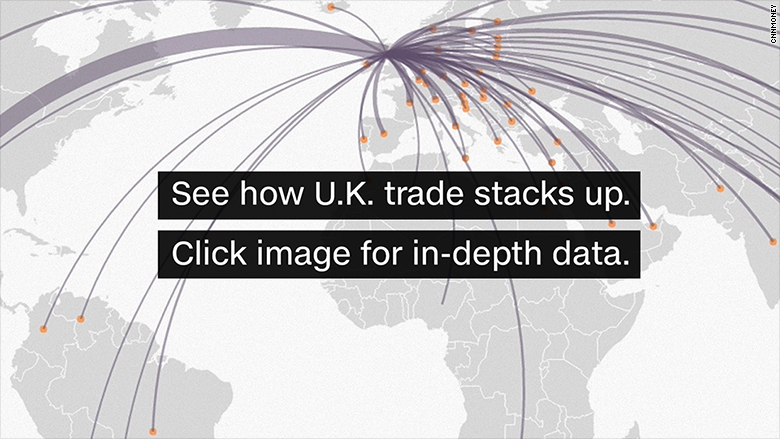
Big business has warned the British government that it must change its approach to exit negotiations with the European Union or risk serious damage to the economy.
The message from groups representing thousands of companies comes after Prime Minister Theresa May indicated that her government would take a hard line on immigration during Brexit talks due to begin in early 2017.
The Confederation of British Industry said that May must enter negotiations with a plan based on "fact and a genuine understanding of the economic implications" and secure continued access to EU markets.
Financial services firms should also be given priority, the CBI said, something the new prime minister has opposed.
"[There] are signs that the door is being closed, to an extent, on the open economy," Carolyn Fairbairn, director general of CBI, told The Times. "It's very clear from conversations we are having that the world is watching. International investors are watching."
European leaders have made clear that if the U.K. does not allow free movement of EU citizens across its borders, it will lose some of its rights to access the vast free trade area.
Despite these warnings, May has committed to curtailing the number of immigrants that are allowed into Britain. Officials have also suggested that companies could be forced to reveal the number of foreign workers they employ.
The controversial name-and-shame proposal was rolled back after an outcry. But observers were surprised that it was touted in the first place by May's Conservative Party, traditionally seen as the party of business.
Fairbairn said that CBI members reacted to the policy with "shock."
"They regard it as an indication that it is somehow a shameful thing to be attracting the best talent from around the world, rather than a source of pride," she told The Times.

Related: U.K. could force companies to list foreign workers
But the policy is indicative of a larger shift underway within the Conservative Party -- one that saw big financial firms and even the Bank of England come under fire during the party's conference last week.
The rhetoric helped push the pound sharply lower last week. The currency has now shed more than 16% since British voters elected to leave the EU.
Brexit exodus? Most big companies have thought about relocating
JPMorgan (JPM) CEO Jamie Dimon, who warned previously that Brexit could force his bank to move thousands of workers out of London, painted an even bleaker picture of the consequences of a nasty divorce over the weekend.
Brexit has "made the chance of the eurozone not surviving, call it a decade from now, five times higher," he said during an appearance at the Institute of International Finance.
There are also signs that Britain's economy, which held up well in the aftermath of the June 23 referendum, is now coming under strain. A quarterly survey produced by the British Chambers of Commerce shows growth is slowing.
The survey showed that manufacturers have seen a boost, possibly from the much weaker pound. But the outlook for services, which make up 80% of country's economy, is much bleaker.
"Firms are concerned over investment, hiring and profitability," the group said in its report. "Boosting business must be a key task for government in the months ahead."





